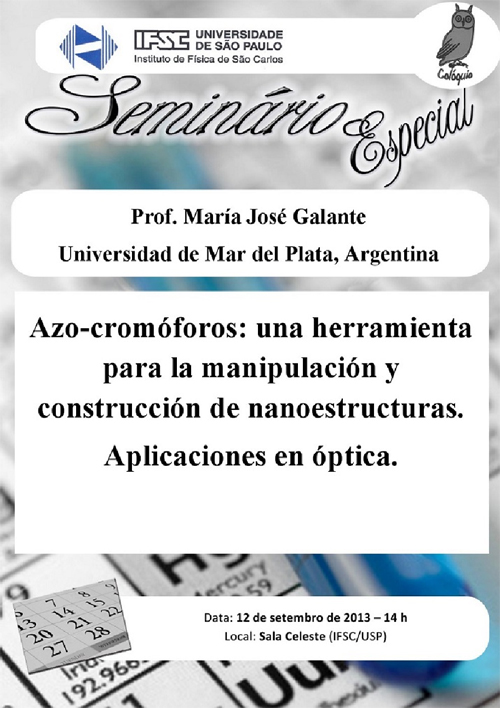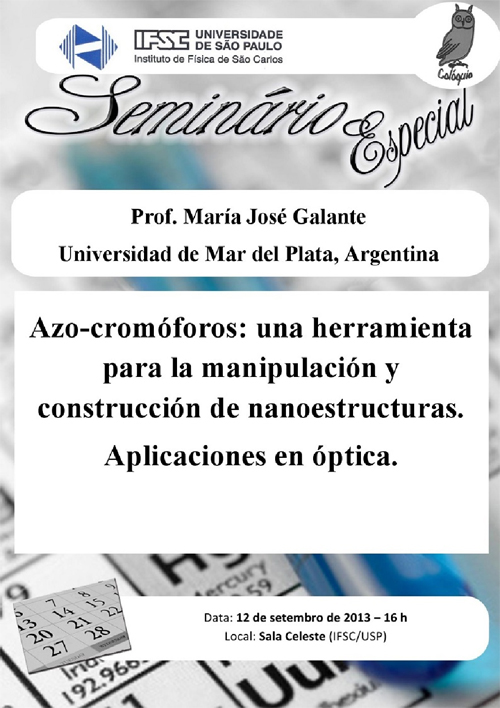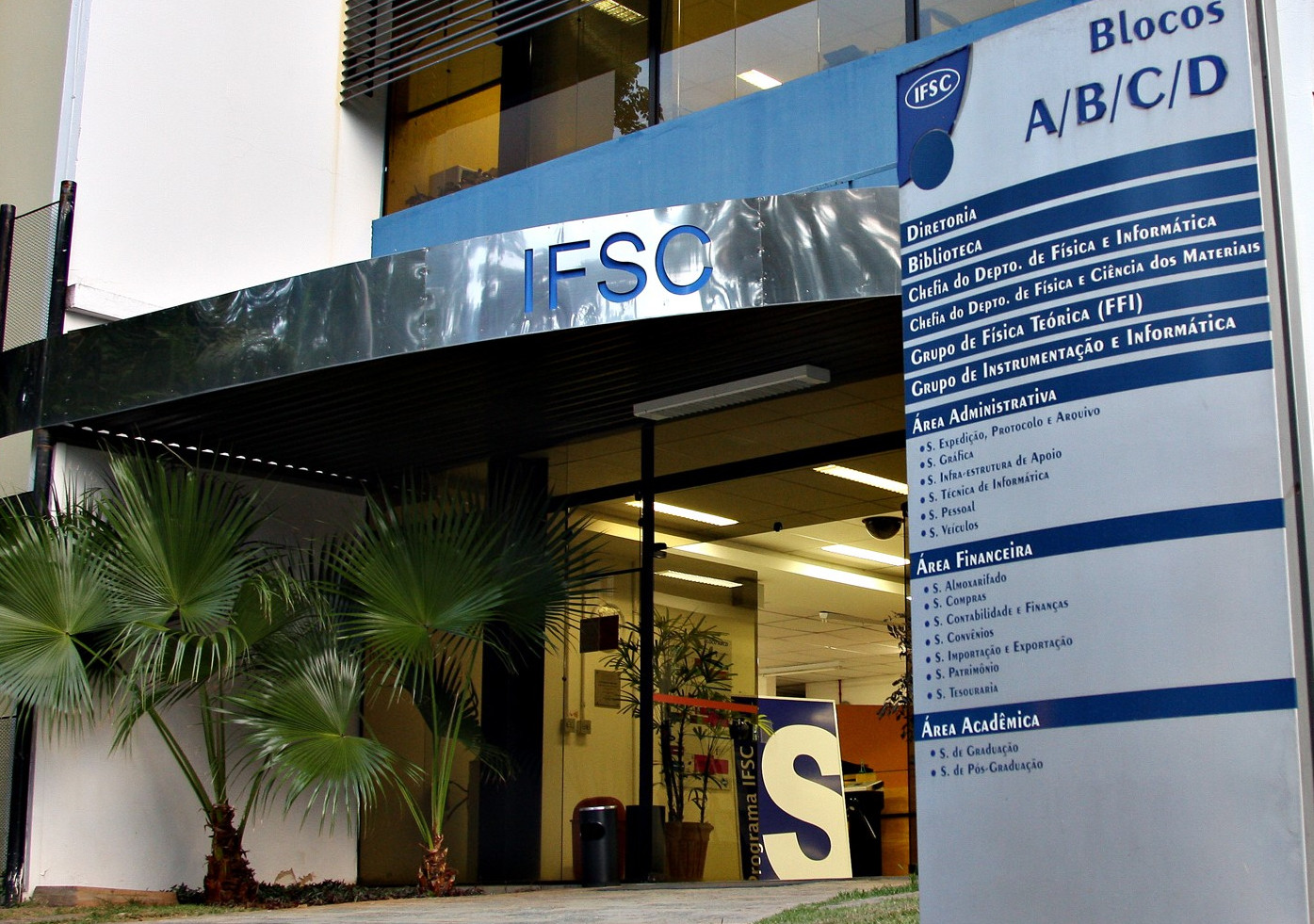 One of the biggest challenges in the field of semiconducting polymers is the fundamental understanding of crystallization kinetics and thin film growth. The difficulties facing such studies stem from the inherently short crystallization times of these materials and the relatively slow techniques available for characterizing nanoscale microstructures. To overcome these limitations, we chose to investigate the polymer poly(3-ethylhexylthiophene) (P3EHT). Due to its low melting point, P3EHT exhibits slow crystallization kinetics when quenched at room temperature from the melt, which is a rare property among semiconducting polymers. We perform quantitative analyses of x-ray diffraction patterns and optical absorption spectra P3EHT thin films and are able to monitor the evolution of aggregates and crystallites as well as the recrystallization kinetics as a function of time. Here we find that the growths of individual aggregates and crystallites along the three packing directions are indeed anisotropic and exhibit different growth rates. Furthermore, we show that crystallization kinetics depend on a number of parameters including film thickness, molecular weights and quenching temperatures, which is all attributed to chain confinement effects. Finally we also correlate the evolution of thin film microstructure to electronic properties and charge transport. From these measurements, we directly observe the onset of charge percolation in thin film and demonstrate that polymer tie chains are responsible for efficient charge transport.
One of the biggest challenges in the field of semiconducting polymers is the fundamental understanding of crystallization kinetics and thin film growth. The difficulties facing such studies stem from the inherently short crystallization times of these materials and the relatively slow techniques available for characterizing nanoscale microstructures. To overcome these limitations, we chose to investigate the polymer poly(3-ethylhexylthiophene) (P3EHT). Due to its low melting point, P3EHT exhibits slow crystallization kinetics when quenched at room temperature from the melt, which is a rare property among semiconducting polymers. We perform quantitative analyses of x-ray diffraction patterns and optical absorption spectra P3EHT thin films and are able to monitor the evolution of aggregates and crystallites as well as the recrystallization kinetics as a function of time. Here we find that the growths of individual aggregates and crystallites along the three packing directions are indeed anisotropic and exhibit different growth rates. Furthermore, we show that crystallization kinetics depend on a number of parameters including film thickness, molecular weights and quenching temperatures, which is all attributed to chain confinement effects. Finally we also correlate the evolution of thin film microstructure to electronic properties and charge transport. From these measurements, we directly observe the onset of charge percolation in thin film and demonstrate that polymer tie chains are responsible for efficient charge transport.
Notícias
Seminário Especial do Grupo de Polímeros
Resumo:
 The combination of nonlinear optics with vibrational spectroscopy offers the opportunity of probing soft matter with high chemical specificity and spatial/temporal resolution. In this talk, I will show some recent results of the techniques Vibrational Sum-Frequency Scattering (SFS) to probe buried colloidal interfaces systems and Coherent Anti-Stokes Raman Microscopy (CARS) to image biologically relevant vesicular systems. I will first discuss experimental and theoretical aspects of the SFS process relevant to the studies of the interfacial species of oil droplets-in-water (emulsions) systems. A few selected examples will be presented on the application of SFS to obtain a molecular level picture of the droplet interface. The outcome of our SFS results reveals striking differences with our current understanding of adsorption of surfactants at liquid-liquid interfaces.[1] Due to the intrinsic sensitivity of second-order processes to noncentrosymmetric structures,[2] SFS can also be used to detect with high sensitivity ultralow densities of crystalline nanospheres in amorphous poly(D,L-lactic acid) microspheres.[3] Finally, I will discuss some recent results of spontaneous Raman and CARS microscopy of vesicular systems. In particular, how a simple bond additivity assumption successfully explains the mode-specific macroscopic images, and their connection to the microscopic response down to a single bond level.[4]
The combination of nonlinear optics with vibrational spectroscopy offers the opportunity of probing soft matter with high chemical specificity and spatial/temporal resolution. In this talk, I will show some recent results of the techniques Vibrational Sum-Frequency Scattering (SFS) to probe buried colloidal interfaces systems and Coherent Anti-Stokes Raman Microscopy (CARS) to image biologically relevant vesicular systems. I will first discuss experimental and theoretical aspects of the SFS process relevant to the studies of the interfacial species of oil droplets-in-water (emulsions) systems. A few selected examples will be presented on the application of SFS to obtain a molecular level picture of the droplet interface. The outcome of our SFS results reveals striking differences with our current understanding of adsorption of surfactants at liquid-liquid interfaces.[1] Due to the intrinsic sensitivity of second-order processes to noncentrosymmetric structures,[2] SFS can also be used to detect with high sensitivity ultralow densities of crystalline nanospheres in amorphous poly(D,L-lactic acid) microspheres.[3] Finally, I will discuss some recent results of spontaneous Raman and CARS microscopy of vesicular systems. In particular, how a simple bond additivity assumption successfully explains the mode-specific macroscopic images, and their connection to the microscopic response down to a single bond level.[4]
[1] H. B. de Aguiar, A. G. F. De Beer, M. L. Strader and S. Roke. J. Am. Chem. Soc. (Communication), 132 (2010), 2122.
[2] A. G. F. de Beer, H. B. de Aguiar, J. F. W. Nijsen, S. Roke. Phys. Rev. Lett., 102 (2009), 095502.
[3] H. B. de Aguiar, A. G. F. de Beer and S. Roke. J. Phys. Chem. B, 115 (2013), 2970.
[4] H. B. de Aguiar, H. Wan and A. Volkmer. On the spontaneous and coherent Raman scattering image patterns of vesicular systems. In preparation, 2014.
Assessoria de Comunicação
Seminário especial do Grupo de Polímeros

Assessoria de Comunicação
Seminário especial do Grupo de Polímeros

Assessoria de Comunicação




